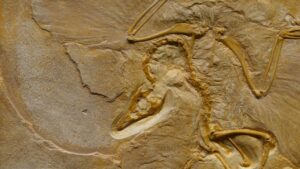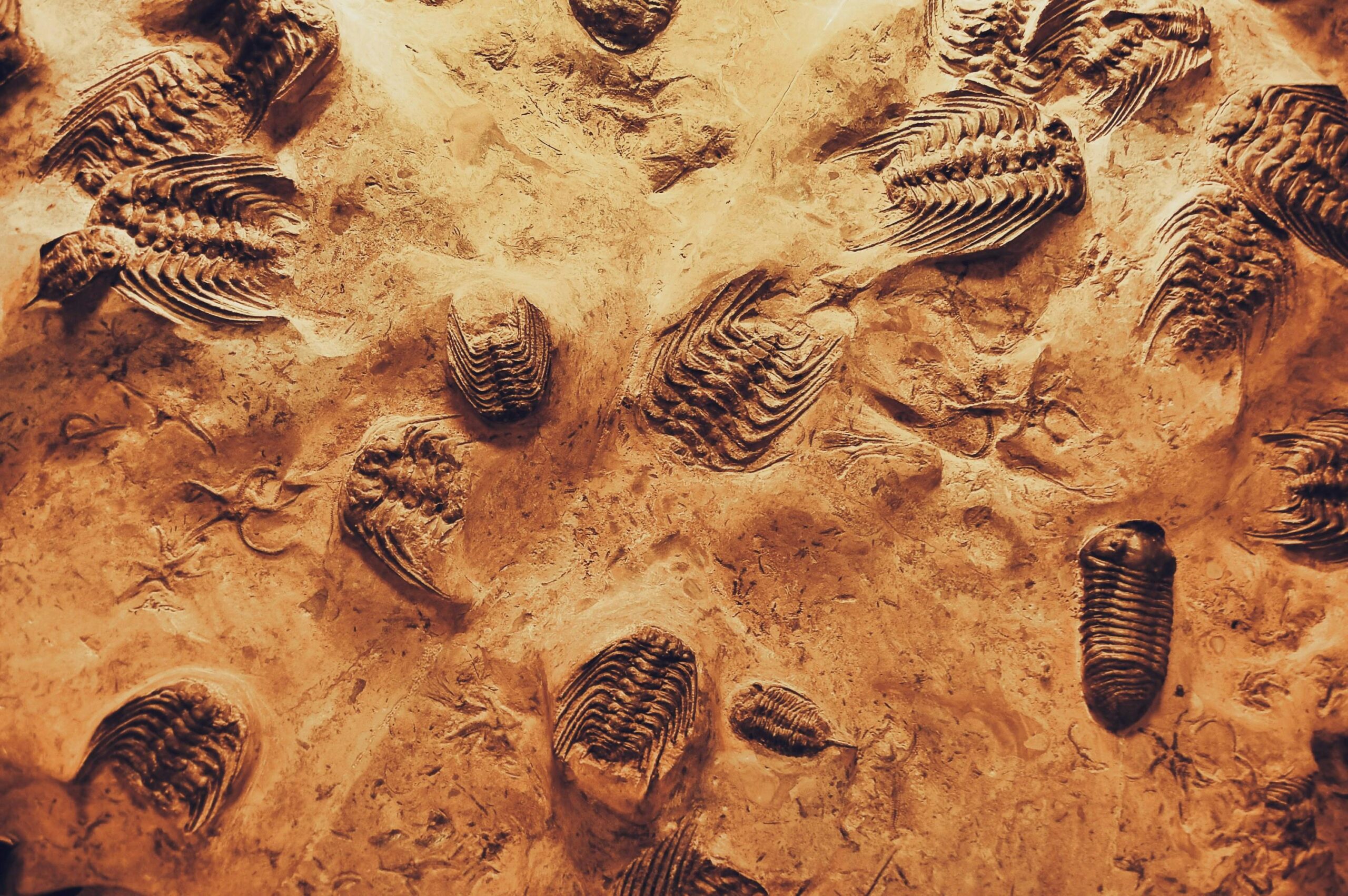Have you ever wondered why giraffes have long necks, or why whales have tiny leg bones hidden deep inside their bodies? The answer to these mysteries lies in a powerful idea called evolution.
Let’s break it down in a way that’s easy (and fun) to understand..
What Is Evolution?
Evolution is the process by which living things change over time.
But it’s not like a Pokémon evolution that happens instantly. In biology, evolution happens slowly, over millions of years, as species adapt to their environments.
For example:
-
Wolves evolved into many different dog breeds through both natural and human selection.
-
Ancient fish eventually gave rise to land animals.


How Does Evolution Work?
Evolution works through a few main ideas:
1. Variation
No two individuals are exactly the same — not even identical twins! These small differences (like fur color or height) come from genetic mutations.
2. Natural Selection
You may have heard of “survival of the fittest.” This means the individuals with the best traits for their environment are more likely to survive and reproduce, passing those traits on.
Example: In a snowy forest, white rabbits are harder to spot than brown ones — so predators catch fewer of them. Over time, more white rabbits survive and have babies.
3. Adaptation
Over many generations, helpful traits become more common. That’s how species adapt to their surroundings.
Evidence for Evolution
Scientists have found tons of clues that evolution is real. Here are just a few:
-
Fossils show how ancient species changed over time.
-
Comparative anatomy shows that animals like whales, bats, and humans all have similar arm bones.
-
DNA reveals how closely related different species are. Humans and chimpanzees share over 98% of their DNA!
Common Misunderstandings
“Humans came from monkeys.”
Not quite. Humans and monkeys share a common ancestor from millions of years ago. Think of us as distant cousins.
“Evolution is just a theory.”
In science, a theory is not a guess — it’s a well-tested explanation backed by a mountain of evidence.
Why Should You Care About Evolution?
Understanding evolution helps us:
-
Make sense of biology and how life is connected.
-
Develop vaccines and medicines (like tracking how viruses evolve).
-
Protect endangered species by understanding how they adapt.
Quick Recap
| Term | What It Means |
|---|---|
| Evolution | Change in species over time |
| Natural Selection | Best traits survive and spread |
| Mutation | Random change in DNA |
| Adaptation | Helpful trait that improves survival |
| Common Ancestor | Shared origin of two species |
Explore More!
-
Watch: Crash Course – Evolution
-
Try: Create your own animal species with traits adapted for desert or arctic survival.
-
Ask: What traits would help you survive on Mars?


Leave a Reply